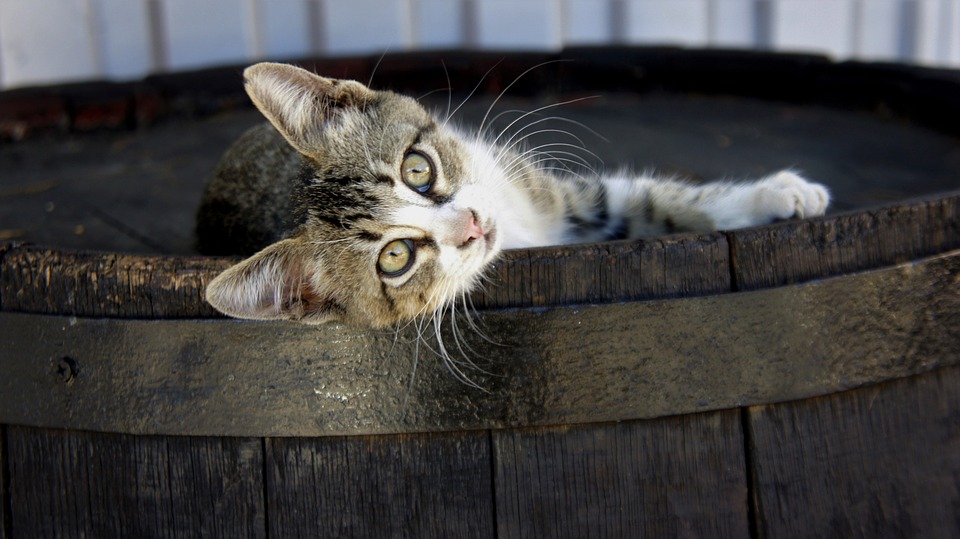Introduction:
Protein is an essential nutrient for cats, playing a crucial role in maintaining their overall health and well-being. As obligate carnivores, cats have unique dietary requirements, and protein serves as the foundation of their diet. In this article, we will explore why protein is vital for a cat’s health and delve into frequently asked questions regarding their protein intake.
Why Protein is Crucial for Cats
1. Muscle Development and Maintenance:
Protein is responsible for building and repairing tissues, making it essential for a cat’s muscle development and maintenance. As natural hunters, cats require high amounts of protein to support their strong and agile physique. Adequate protein intake ensures optimal muscle function, promoting a healthy and active lifestyle.
2. Energy Source:
Protein serves as an important energy source for cats. Unlike humans, cats derive a significant portion of their energy from protein metabolism. When cats consume protein, it is broken down into amino acids, which are then used to produce energy. This energy is essential for their daily activities, including hunting, leaping, and playing.
3. Immune System Support:
Protein plays a vital role in maintaining a cat’s immune system. It helps produce antibodies, enzymes, and other immune system components that defend against infections, viruses, and diseases. A well-functioning immune system is crucial for a cat’s overall health and longevity.
4. Tissue Repair and Wound Healing:
Protein is involved in the repair and regeneration of damaged tissues, aiding in wound healing for cats. Whether it’s a minor scratch or a more serious injury, sufficient protein intake ensures that a cat’s body can effectively heal itself. This is particularly important for outdoor cats who may encounter injuries during their adventures.
5. Healthy Skin and Coat:
Protein is responsible for maintaining a cat’s skin and coat health. It contributes to the production of keratin, a key structural protein that strengthens and nourishes their fur. A diet rich in high-quality protein promotes a glossy coat, minimizes shedding, and reduces the risk of skin irritations and allergies.
FAQs about Protein in a Cat’s Diet
Q1. How much protein does a cat need in their diet?
A: Cats require a diet that is high in animal-based protein. On average, adult cats should consume a diet containing around 25-30% protein. Kittens, nursing mothers, and active cats may require higher levels of protein.
Q2. Can cats get protein from plant-based sources?
A: Cats are obligate carnivores and have specific dietary needs that can only be met through animal-based proteins. While plants contain protein, they do not provide the essential amino acids that cats require for optimal health. It is crucial to feed cats a diet primarily composed of animal protein.
Q3. What are the consequences of a protein-deficient diet for cats?
A: A protein-deficient diet can lead to various health problems in cats, including muscle loss, weakened immune system, poor coat quality, slow wound healing, and overall malnutrition. It is vital to ensure cats receive adequate protein to support their well-being.
Q4. Can a cat consume too much protein?
A: While cats have a higher protein requirement than many other animals, excessive protein intake can also be detrimental. It is essential to strike a balance and provide a diet with a moderate protein content to prevent potential kidney issues. Consult with a veterinarian to determine the appropriate protein levels for your cat’s specific needs.
Q5. What are some high-quality protein sources for cats?
A: Cats thrive on animal-based proteins, such as lean meats (chicken, turkey, beef), fish, and eggs. These sources provide the necessary amino acids and nutrients that support a cat’s overall health. Avoid feeding cats a diet primarily based on plant proteins, as it may lead to nutritional deficiencies.
Conclusion:
Protein is a vital component of a cat’s diet, playing a critical role in their muscle development, energy production, immune system support, tissue repair, and skin and coat health. As responsible cat owners, it is crucial to ensure that our feline companions receive a nutritionally balanced diet that meets their unique protein requirements. Consult with a veterinarian to determine the best diet for your cat’s specific needs and enjoy the benefits of a healthy and happy feline companion.








